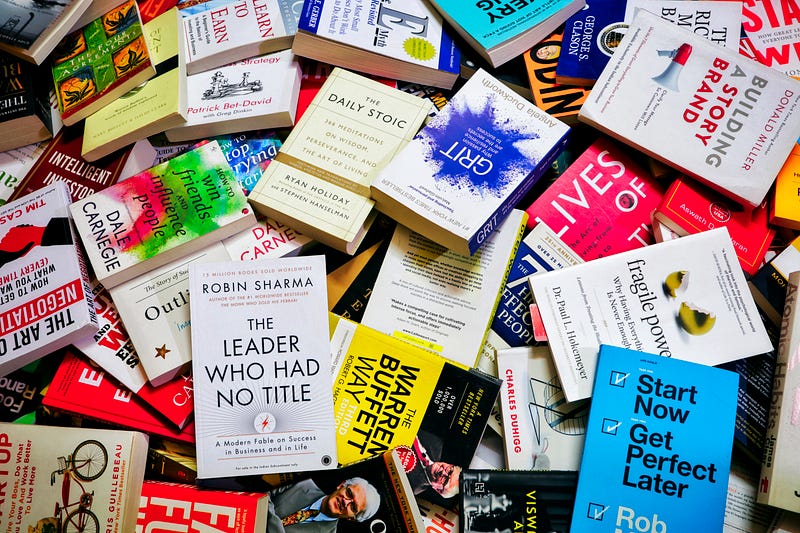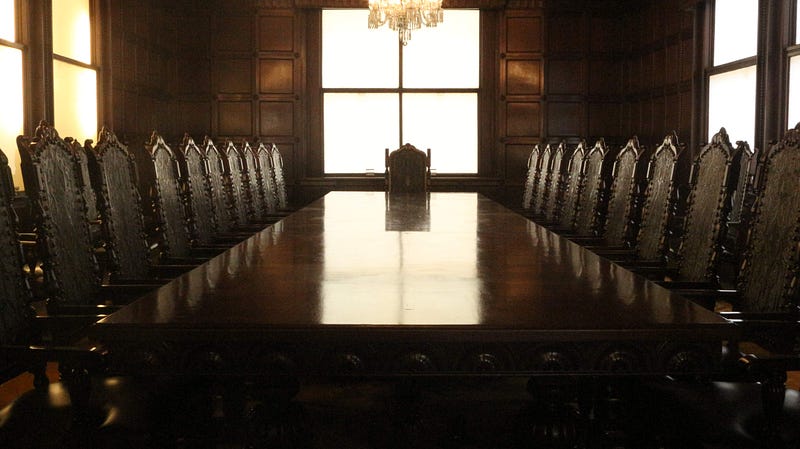A Discussion of Bourgeois Equality Chapter 10, “Divergence not Imperialism”
Welcome to chapter 10 of McCloskey’s book, Bourgeoise Equality, as we continue the chapter by chapter walk through.
Today’s chapter is beginning Part 2 in her book, examining the question, why are the rich countries rich today? McCloskey is going to examine various answers given by both the Left and the Right in these chapters of the book.
First up, imperialism. The rich countries today got there by colonizing other countries and benefitting from their resources.
McCloskey says no. Not no, imperialism did not happen. Nor that it was good. And not even no one person/government/business enjoyed wealth from it.
The usual accounting of imperialism, in other words, is gravely mistaken. To say so is not to defend imperialism. (p. 89)
But she is saying no, it cannot explain the sustained economic growth across all income levels that is the Great Enrichment.
That is what she is seeking answers to in this book— what caused certain countries to break out of the subsistence income trap of all humanity through all time?
Why Not?
McCloskey says there are those on the Left and Right that are making the mistake of attributing the Great Enrichment to imperialism.
This “confounds empire with enrichment, violence with mutual benefit.” (p. 89) That is, empire did not lead to enrichment for all just like the violence in imperialism did not lead to mutual benefit, the hallmark of the Great Enrichment.
McCloskey quotes economist Jean-Baptiste Say (of Say’s Law for any econ nerds reading this.)
Dominion by land or sea will appear equally destitute of attraction, when it comes to be generally understood that all its advantages rest with the rulers, and that the (home) subjects at large derive no benefit whatever. (p. 89)
That is the crux of her argument in this chapter — certain people and groups are greatly enriched, but imperialism cannot explain the Great Enrichment, which is a widespread growth in the standard of living in a country.
She even turns her eye on the much later “informal empire” of the United States to illustrate this point.
- US interventions in Guatemala, Vietnam, Iraq, etc., were not for the interests of the Common Man but the interests of those “who could buy Presidents or Congresspeople…or enough newspapers or TV networks to spook the politicians” (p. 90)
- The Common Man got to pay for these interventions, not to mention the lives ended or ruined in these places (p. 90)
It was not imperialism but the Great Enrichment that benefitted the standard of living of the Common Man and launched him to a comfortable life away from subsistence. Imperialism was something he had to pay for because the few benefitting said it was in his interests.
Conclusion
We have several chapters to go in Part 2 of McCloskey’s book that are attacking various reasons given for why some countries are now rich. In this chapter, she is slaying the dragon of imperialism. To put it simply, she is explaining why it could not cause the sustained growth we have seen.
Discoveries of gold and silver did enrich the treasury of the colonizing countries, but those were one time hits. (p. 92)
It does not follow that it will be invested in a way that causes output to grow faster than population. If anything it could serve as a positive shock that leads to more population and then a crash as Malthus described. Instead, McCloskey sums it up.
…ideas for new machines and institutions, inspired by an ethic of liberty and dignity for commoners, not the exploiting of empire or the building of military power, made Europeans rich. Power did not breed plenty. The incessant wars of Europe…had modest civilian spinoffs yet occasioned massive diversion of resources from fruitful use. (p. 92)
In chapter 5, she dispelled the notion that an economy grows due to the Left’s trickle up policies or the Right’s trickle down policies.
Essentially both policies are shifting money around but are not creating substantial, sustained wealth.
Imperialism seems similar, maybe a “trickle in” policy? It trickles into the hands of some but it does not impact the process that creates wealth. Therefore, it cannot be the source of the Great Enrichment.
Reference: McCloskey, Deirdre Nansen, 2016. “Divergence Imperialism,” Chapter 10 of Bourgeois Equality, The University of Chicago Press.




